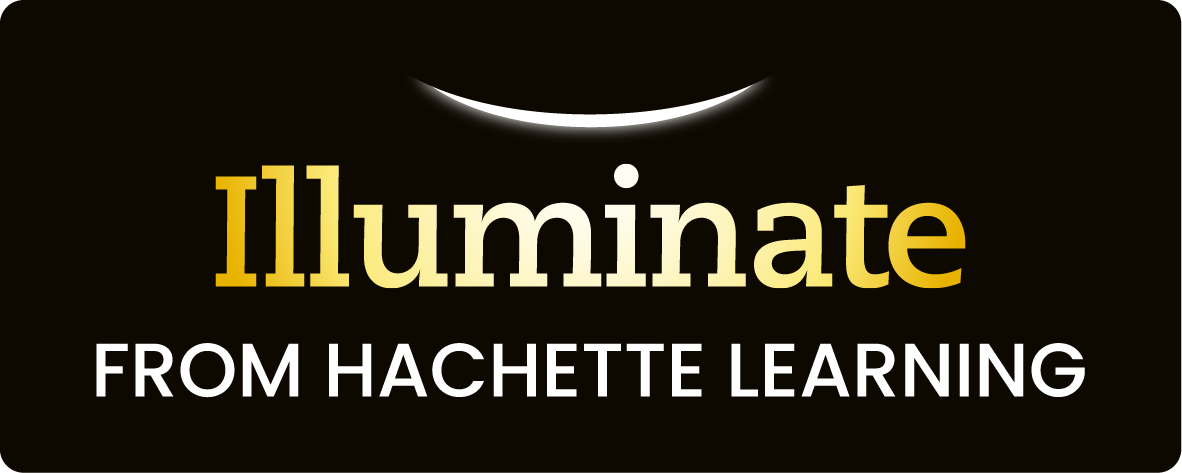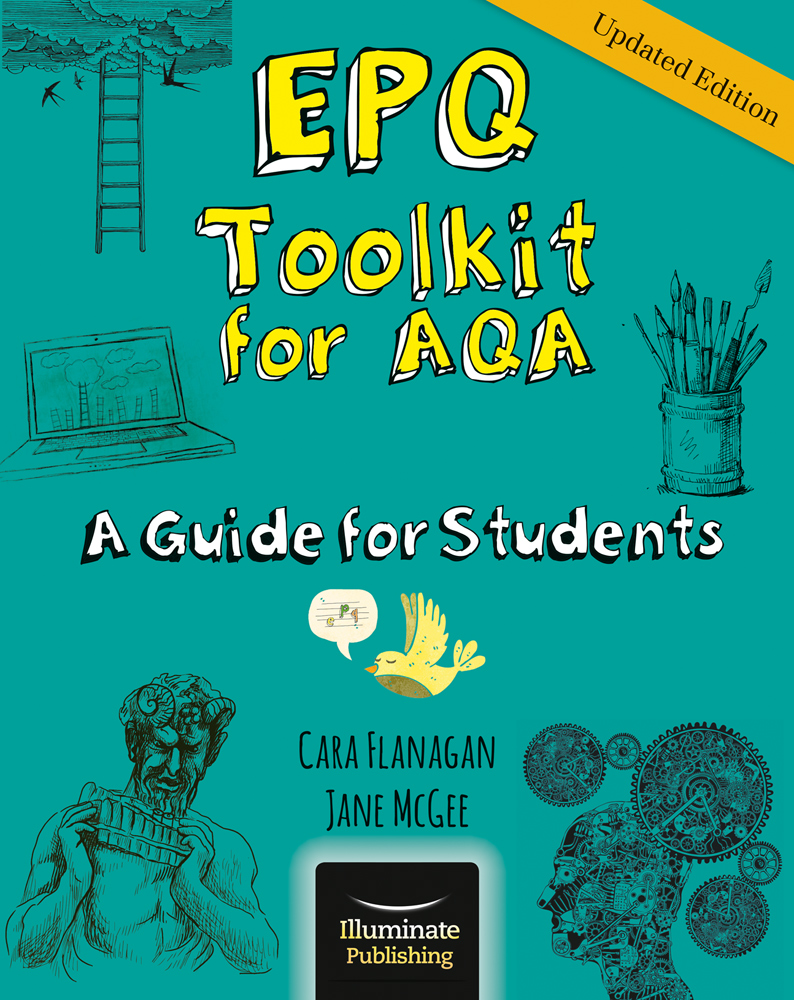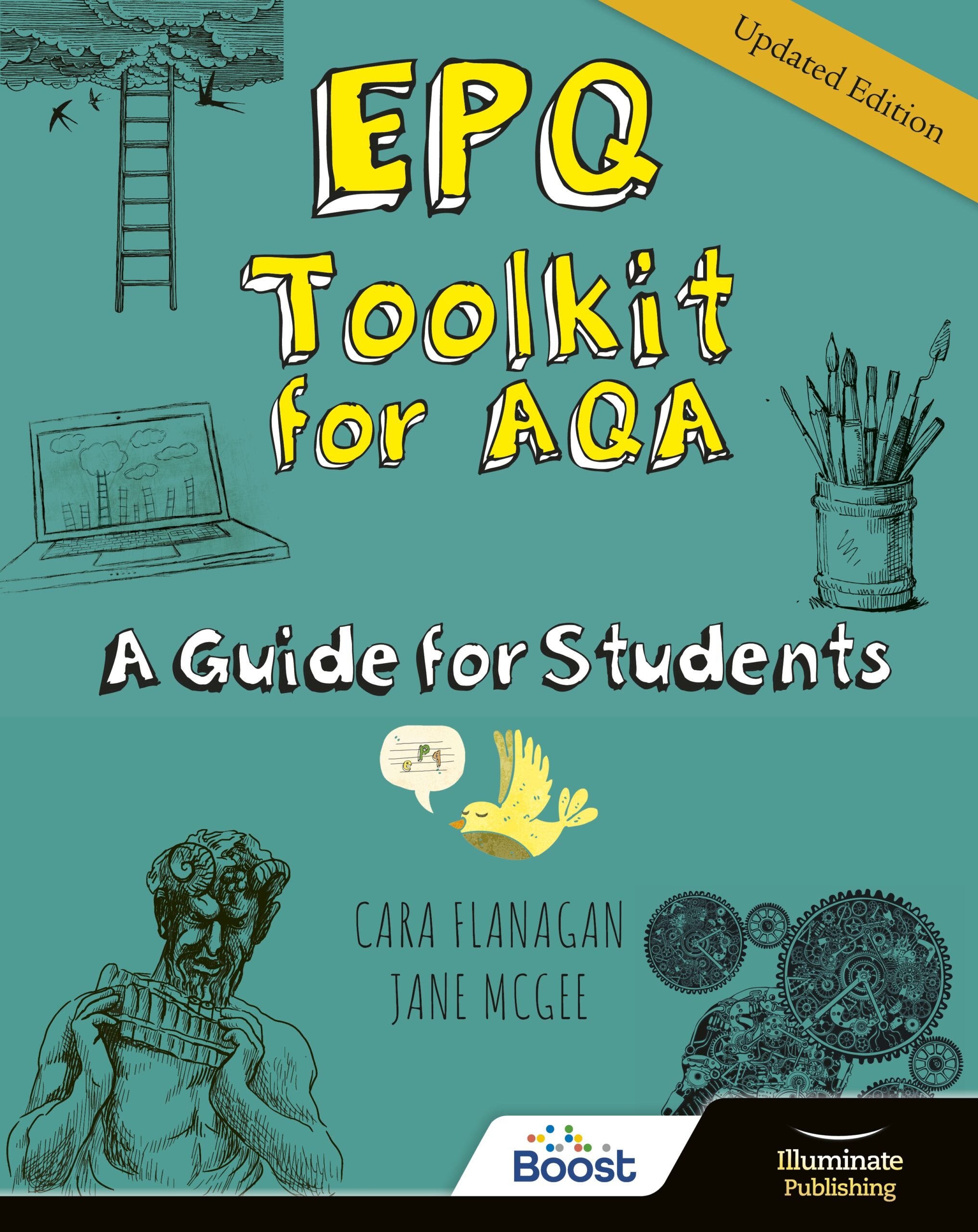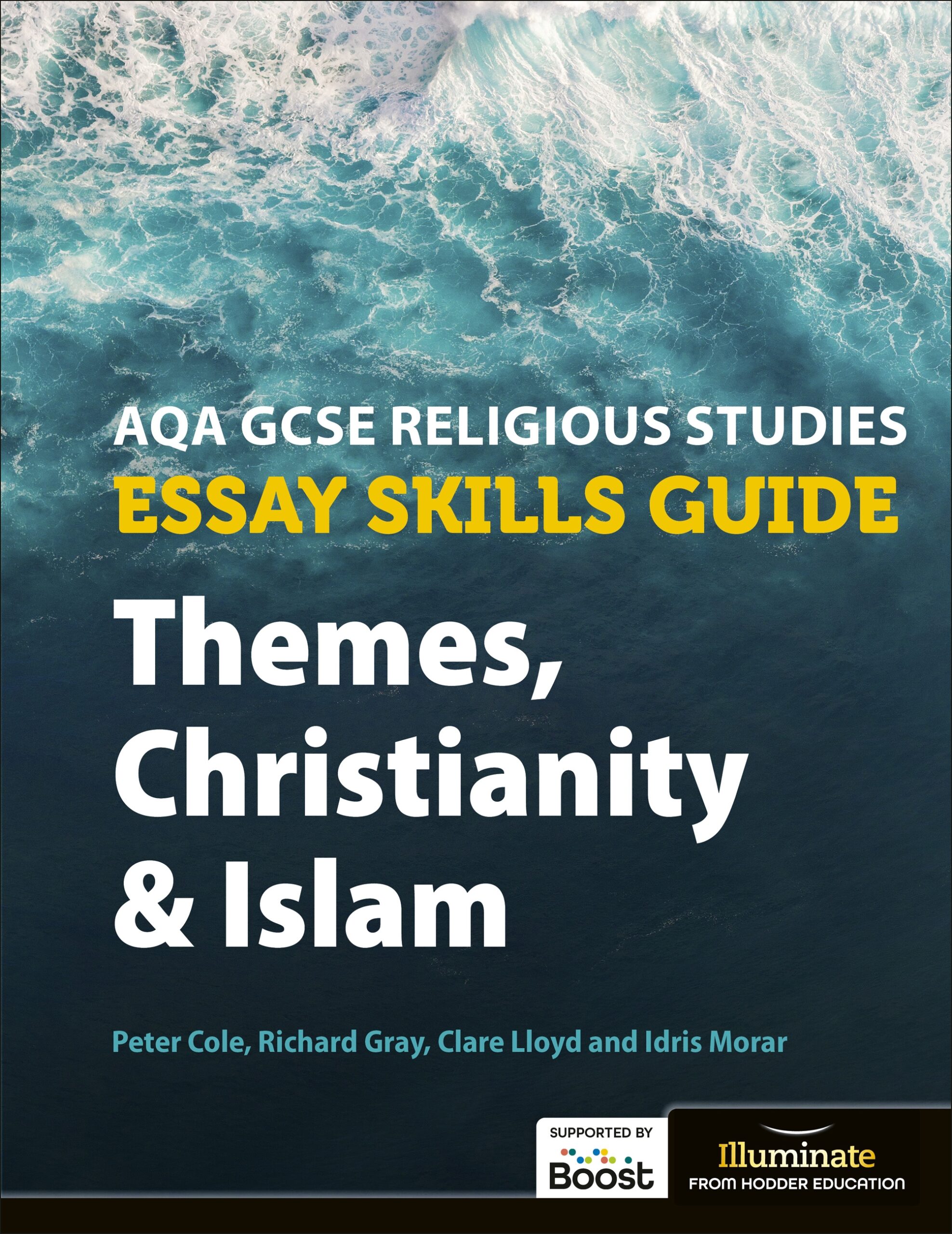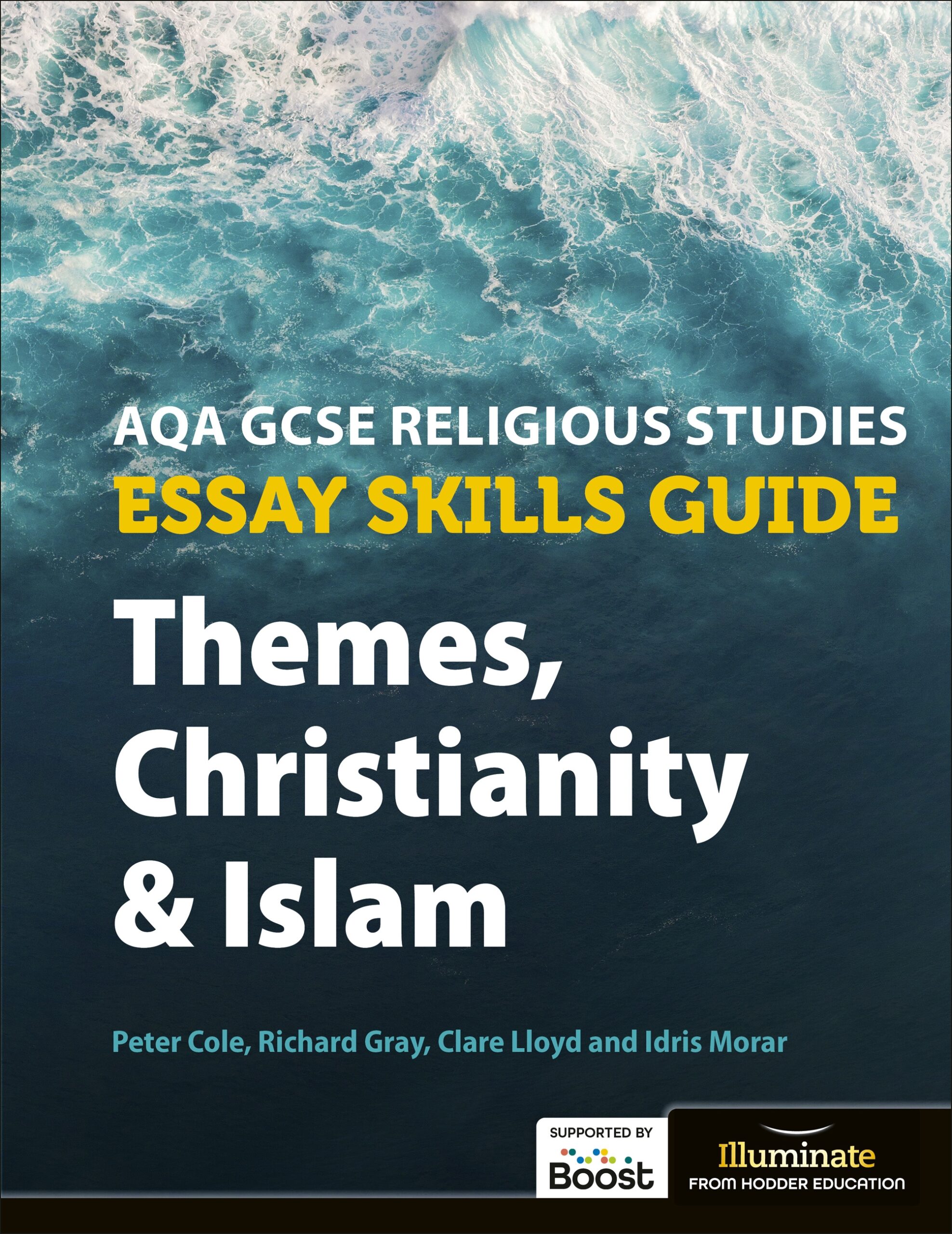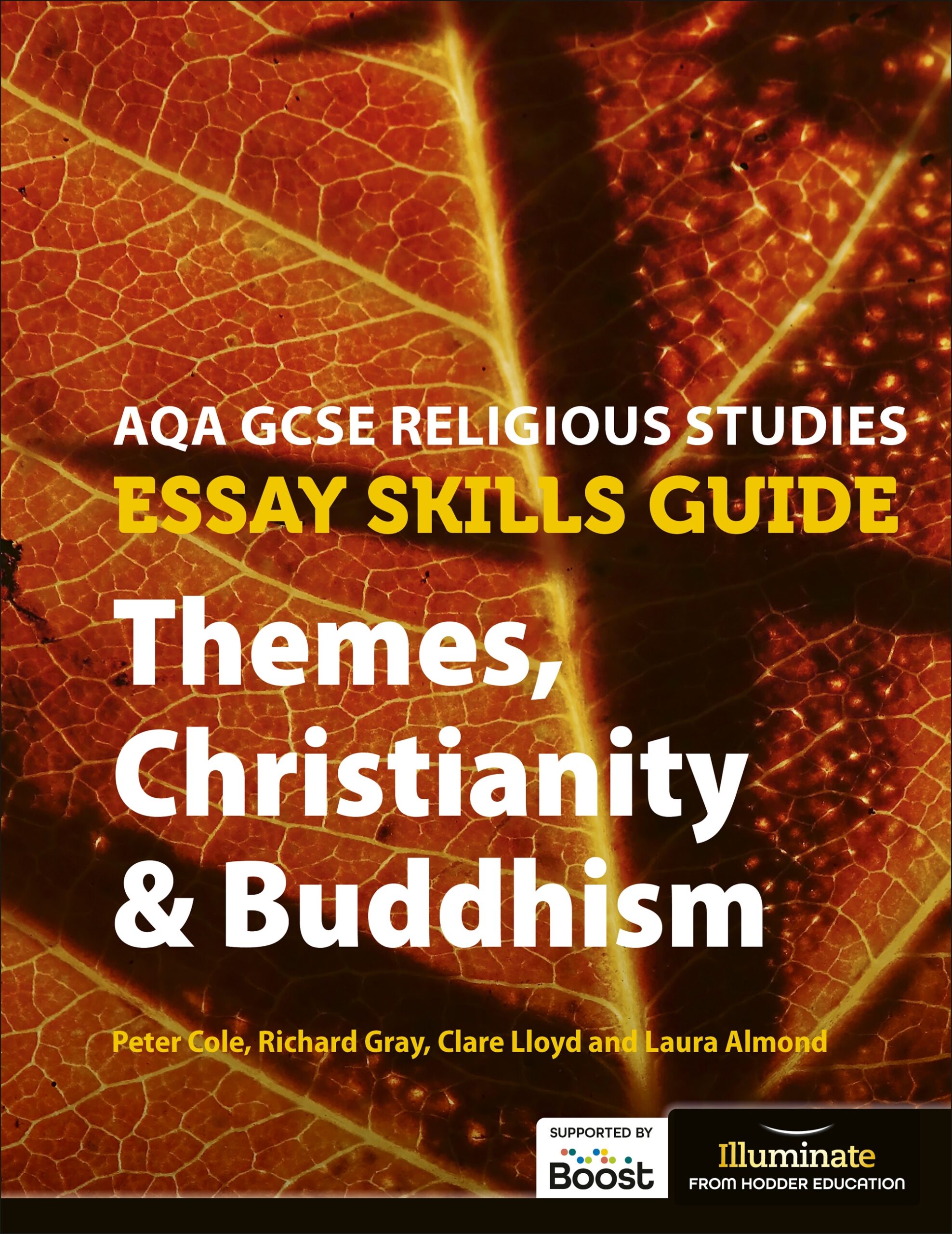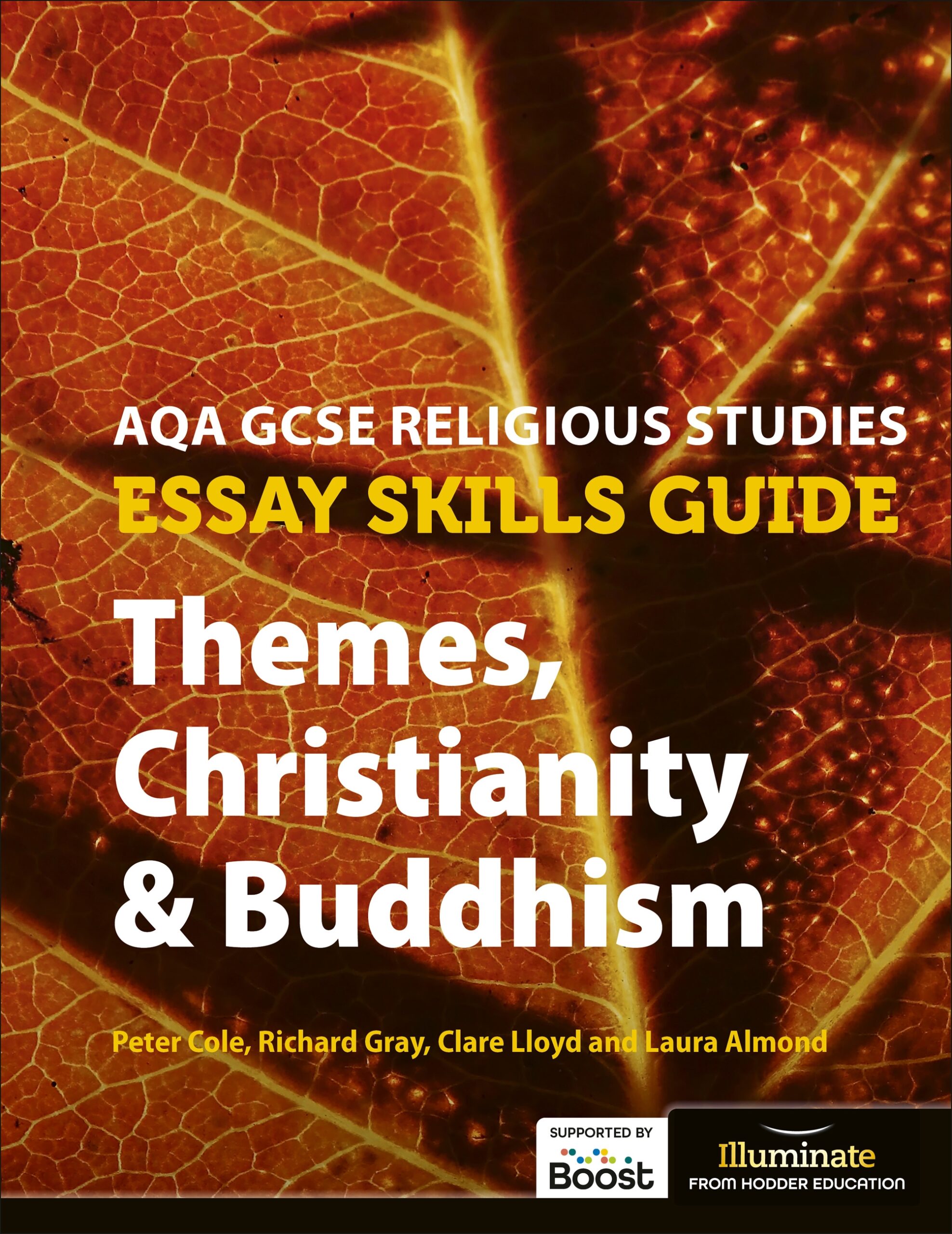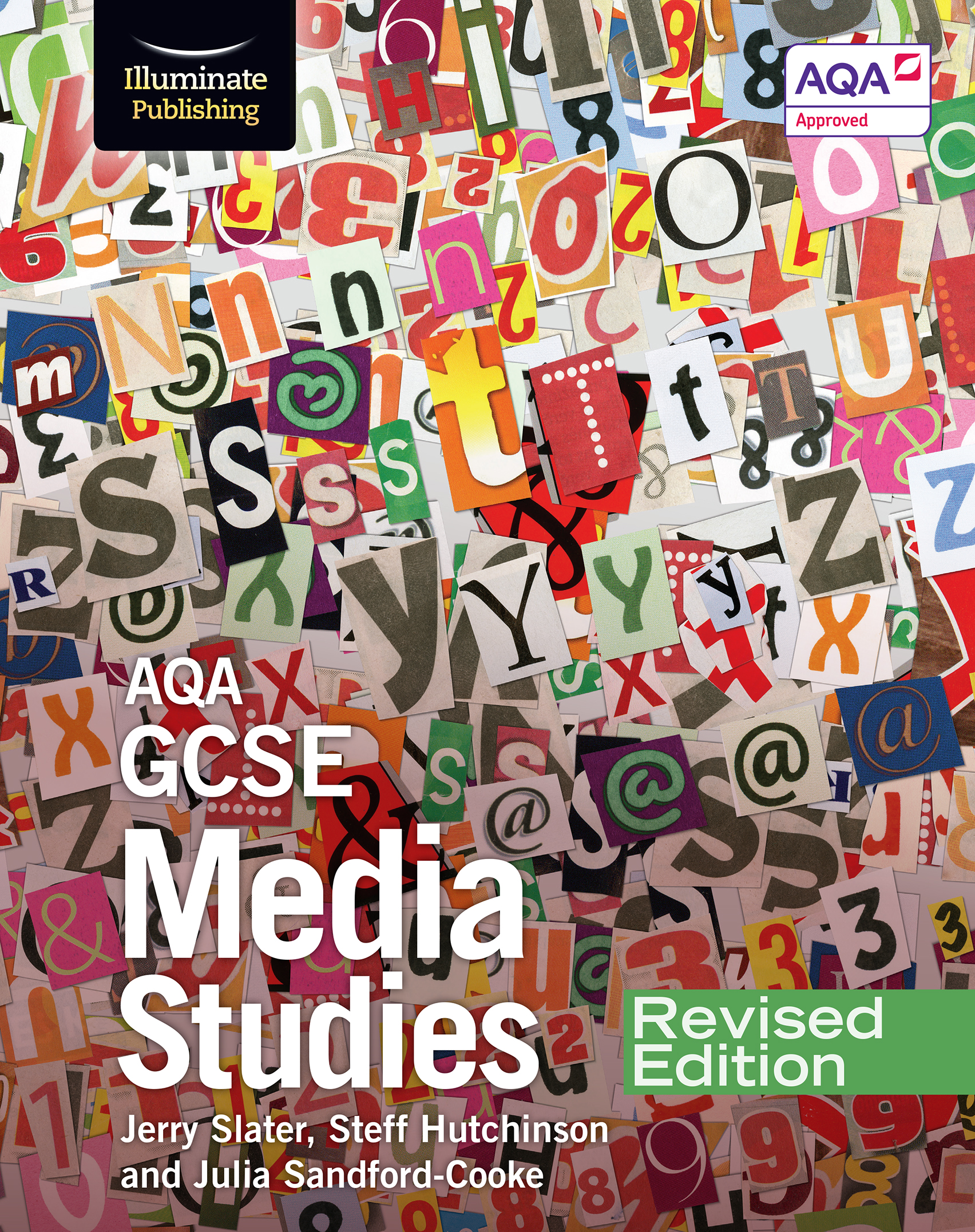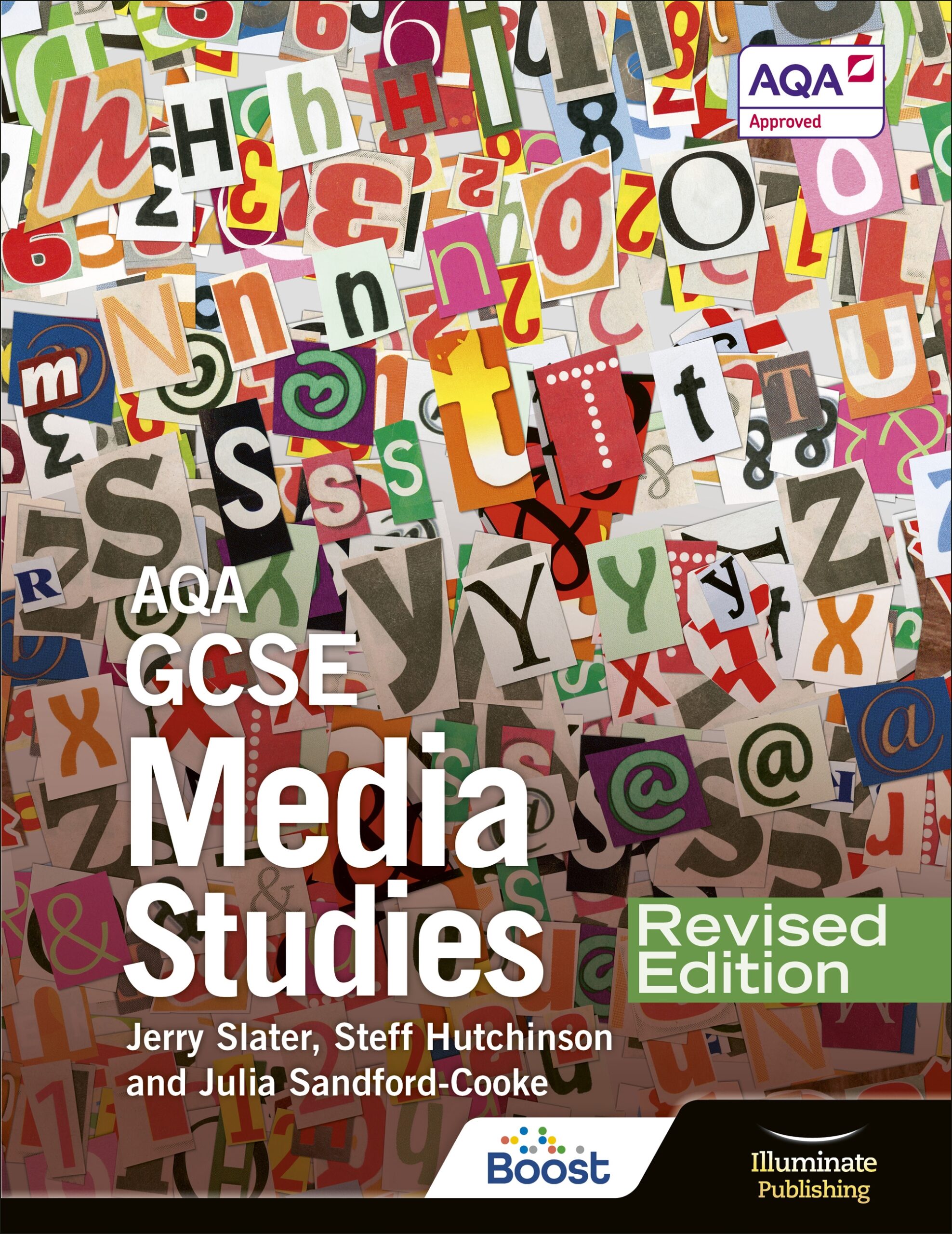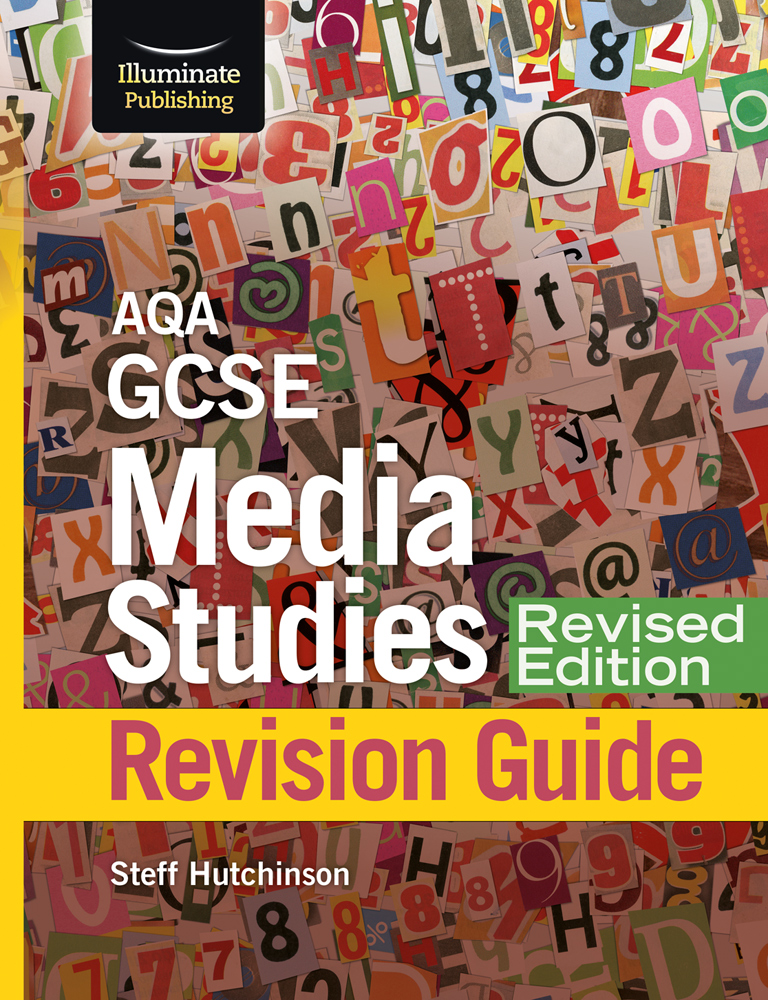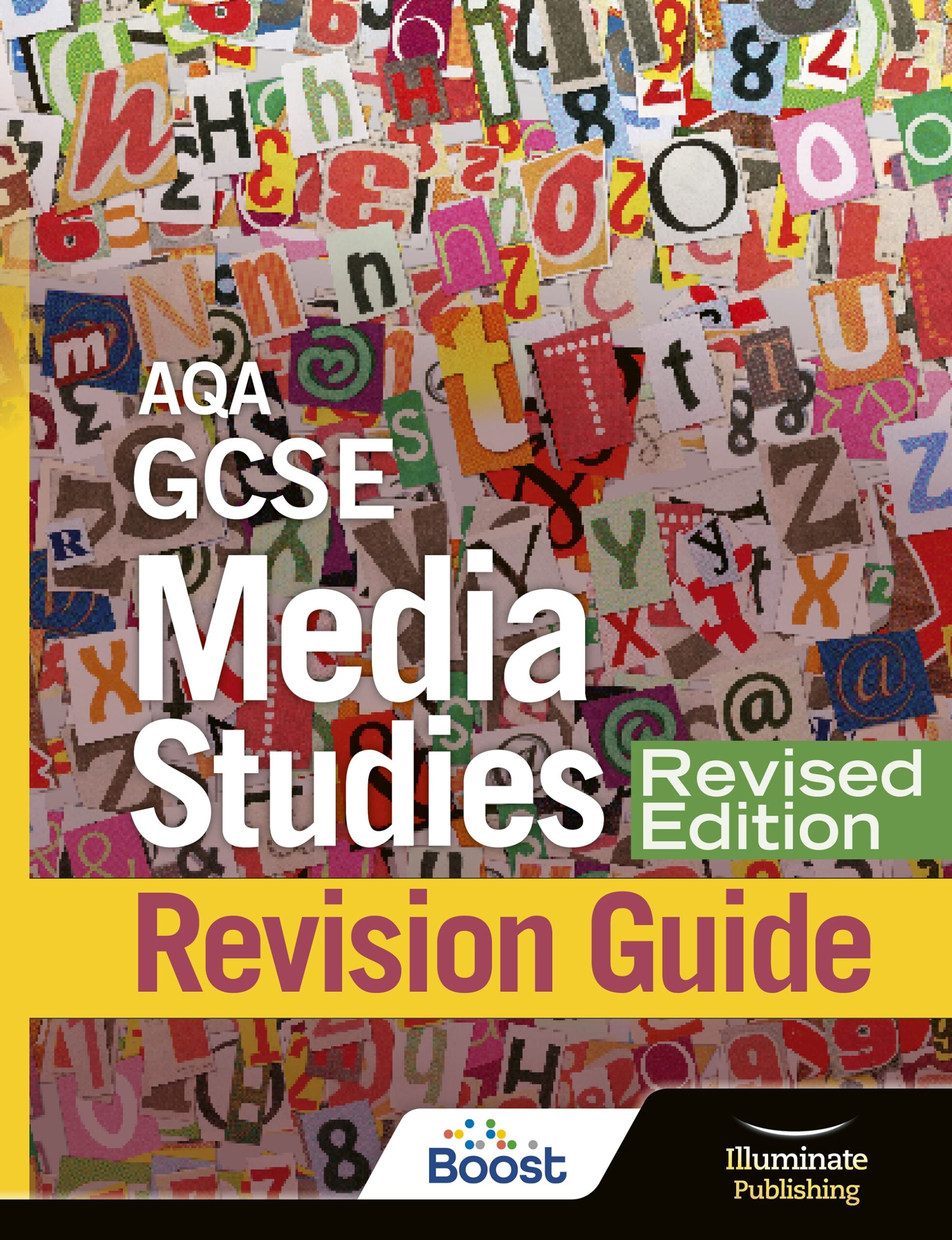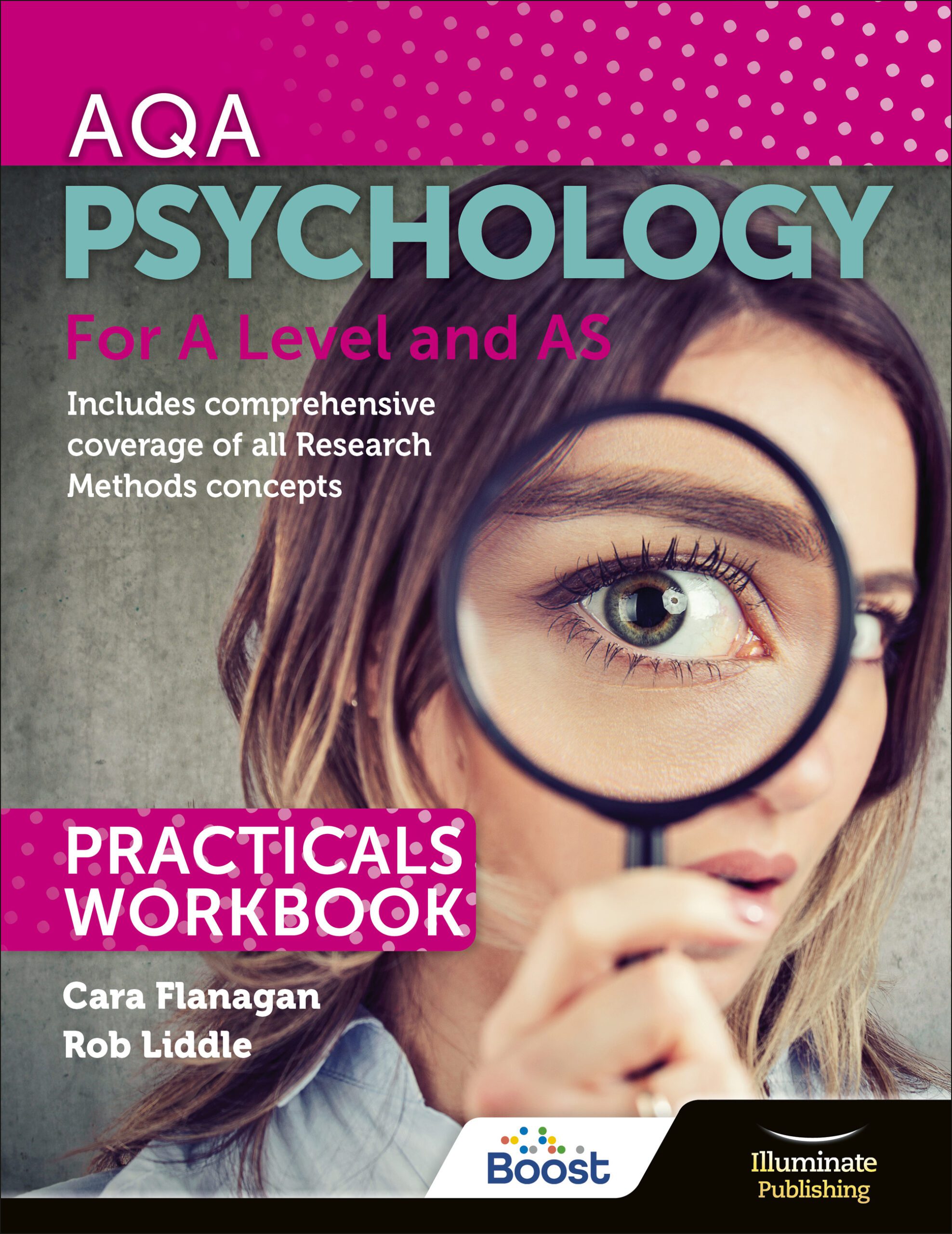
Out now!
This new workbook provides full coverage of the AQA specification for research methods along with practical activities to help students properly understand what research methods are all about.
- Includes clear explanations of all research methods topics, including strengths and weaknesses.
- Based on the principle of ‘doing’, each content spread is followed by a related practical to complete in class and/or for homework.
- The workbook uses a spiral curriculum – revisiting topics to enable a deeper understanding each time.
- Exam-style questions and MCQs help students assess their knowledge.
- Tips are given for ‘top marks’, based on what examiners are looking for in answers.
- Links are provided to specification-related psychological studies covered in our best-selling AQA Psychology student books.
- Answers to the exam-style questions are provided free on the Resources and Downloads tab.
Take a look! A selection of draft pages is available to download now on the Resources and Downloads tab.
